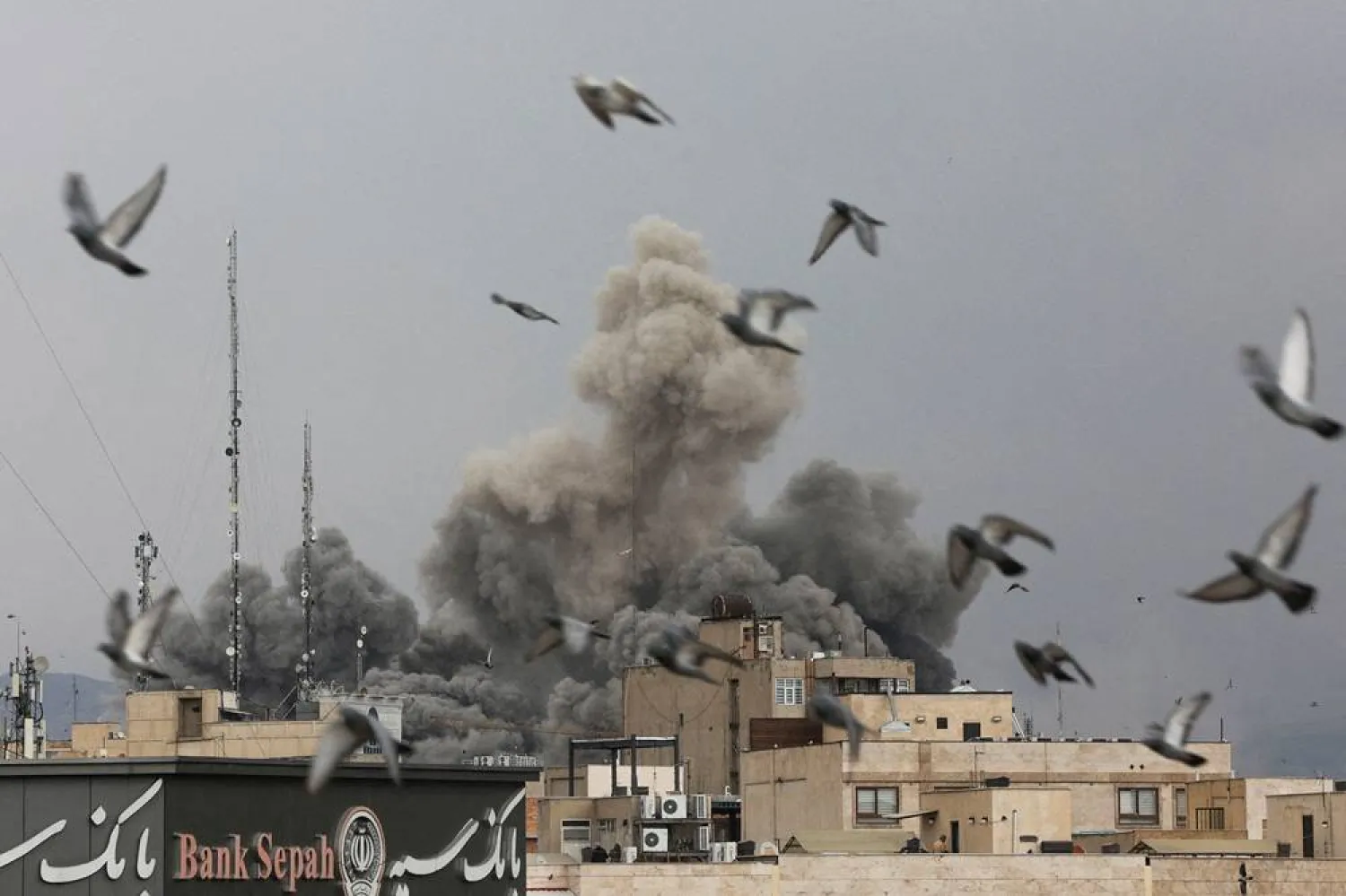The Russian mercenary group that briefly threatened President Vladimir Putin’s authority has for years been a ruthless force-for-hire across Africa, protecting rulers at the expense of the masses. That dynamic is not expected to change now that the group’s founder, Yevgeny Prigozhin, has been exiled to Belarus as punishment for the failed rebellion.
The Wagner Group brutalizes civilians in the Central African Republic, Mali and elsewhere to crush dissent and fend off threats to their leaders’ power. In exchange, Russia gains access to natural resources and ports through which weapons can be shipped, and receives payments that enrich the Kremlin and help it fund operations elsewhere, including the war in Ukraine.
Neither Russia nor the African leaders dependent on Wagner's fighters have any interest in ending those relationships. But many questions linger in the aftermath of Wagner's stunning revolt, such as who will lead its thousands of fighters stationed across many African nations and whether Moscow will absorb these fighters into the Russian army.
“The situation is extremely volatile," said Nathalia Dukhan, senior investigator at The Sentry, a US-based policy organization that published an investigative report Tuesday accusing Wagner of carrying out various human-rights abuses in African countries.
"But what we have learnt from investigating and analyzing Wagner in Africa in the past five years is that the group is resilient, creative, fearless and predatory, so it is less likely that the Wagner empire will instantly fall like a house of cards.”
Beyond the financial rewards, Putin has also sought to use Wagner fighters to help expand Russia's presence in the Middle East and Africa. He seeks out security alliances with autocrats, coup leaders, and others who have been spurned or neglected by the US and Europe, either because of their bloody abuses or because of competing Western strategic interests.
Asked whether Wagner's weekend mutiny could erode Russia’s positions in Africa, Russian Foreign Minister Sergei Lavrov told a state-run TV network that security assistance to African countries would continue. He specifically mentioned the Central African Republic and Mali, and noted that Russian government officials have maintained contact with leaders there.
Lavrov told RT he has not seen “any sign of panic or any sign of change” in African nations over the revolt against Moscow. But amid the uncertainty, there is at the very least some confusion about what exactly comes next.
In Mali, where at least 1,000 Wagner fighters replaced French troops brought in to fight extremists, the US alleges that the Kremlin uses the country as a way-station for arms shipments to Russian forces in Ukraine. But the Malian government has denied using Wagner for any purpose other than training.
An officer in the Malian Air Force who spoke on condition of anonymity because he was unauthorized to comment publicly said Russian fighters play an important combat role.
“At the moment we don’t have enough pilots, and most of our military aircraft and combat helicopters are flown by Wagner’s men. If Russia asks the Malian government to stop cooperating with Wagner, we’ll be obliged to do so, because we have a greater interest in the Russian government than in Wagner,” the officer said.
As part of a deal to end the rebellion, Putin has presented Wagner fighters with three options: either join the Russian military, go to Belarus like Prigozhin, or return home. It was not clear if those options also applied to Wagner fighters in Africa.
In the Central African Republic, a statue in the capital, Bangui, pays tribute to Russian mercenaries who have helped keep President Faustin-Archange Touadera in power. Lavrov told RT that hundreds of Russian fighters would remain there.
Regardless of who ultimately oversees the Wagner fighters in the Central African Republic, the source of their authority remains clear, said Jordy Christopher, a special adviser to Touadera. “Prigozhin is nothing more than a pawn in the handling of the art of war, moreover he is only the tip of the iceberg,” he said.
Wagner operates in roughly 30 countries, according to the Center for Strategic and International Studies, and it faces numerous human rights violations, including extrajudicial killings. Its fighters are most influential in African countries where armed conflicts have forced leaders to turn to Moscow for help, such as Libya and Sudan.
“The African leadership of these countries need them,” said Federica Saini Fasanotti, a senior Fellow at Brookings Institution’s Center for Security, Strategy, and Technology.
Still, some experts said the revolt against the Kremlin will force African countries reliant on Wagner to pay closer attention to how they engage with Russia, where Putin faces the gravest threat to his authority since coming to power more than two decades ago.
“Developments in Russia will likely render many African countries more cautious in their engagement with Russia moving forward,” said Ryan Cummings, director of Africa-focused security consulting company Signal Risk.
Any unexpected turn of events domestically in Russia poses potential threats to African leaders who have become dependent on its foreign fighters to stay in power, such as those in Mali and the Central African Republic.
"Any withdrawal could readily be exploited by non-state groups challenging the authority of the government in these countries,” said Cummings.









